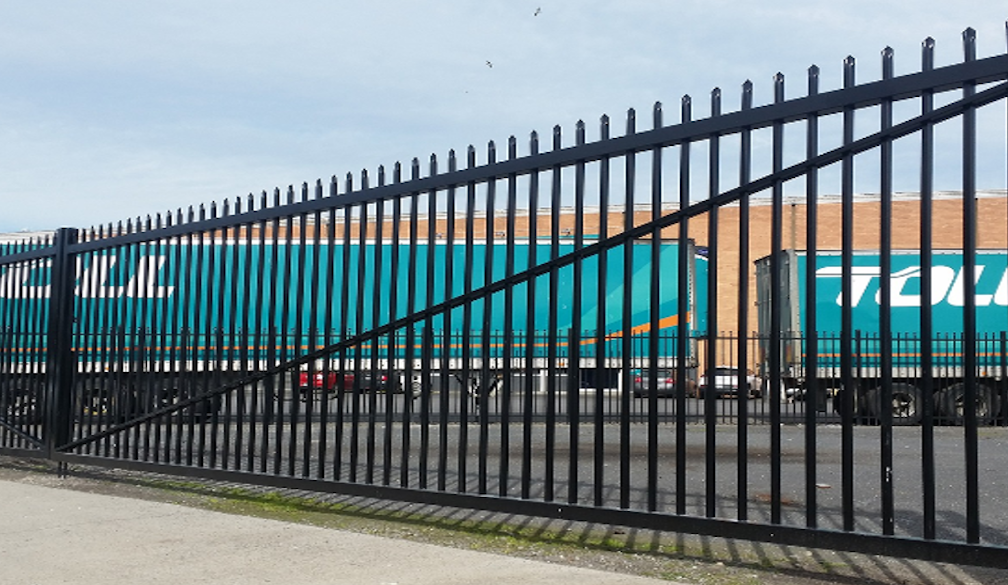Why has trust in news fallen? The answer is more complicated than we thought
- Written by Greg Treadwell, Senior Lecturer in Journalism, Auckland University of Technology

We live in an age of declining trust in public institutions: parliament, the health and education systems, courts and police have all suffered over the past decade, both in New Zealand[1] and internationally.
And, of course, trust in the news has declined precipitously, according to regular surveys, including our own research.
So, it might be tempting to roll declining trust in news media into this wider decline of trust in public institutions in general. But this is where our research disagrees[2].
News isn’t just another institution like the state, a corporation or a non-profit organisation. Ideally, it’s the democratic expression of the public interest in these things.
An institutional approach may help us explore the structural issues democracies face (for example, critiquing the nature of media ownership). But it also generalises, and risks obscuring the specifics of the trust problem public interest journalism faces.
Nor does it recognise the distinctiveness of the “social contract of the press[3]” – the necessary bond of trust between journalism and its audiences, which is key to the success of the wider social contract[4] between the public and its institutions.
News is out of sync
Our research shows trust in news has plummeted[5] from 58% of New Zealanders agreeing they can trust “most of the news most of the time” in 2020, to just 32% in 2025.
Survey respondents tell us they perceive the news to be politically biased (both left and right), and because too much seems to be opinion masquerading as news.
These seemed very different from the trust issues faced by government, business and non-governmental organisations[6] (NGOs). Declining trust in those institutions has been driven more by wars, financial crises, the rise of populism and the COVID pandemic.
To differentiate journalism’s trust issues, we explored whether falling trust in news was (or wasn’t) linked to declines in trust in other social institutions. We looked at research from the Reuters Institute for the Study of Journalism[7] and the global Edelman Trust Barometer[8], as well as our own research.
We found the trajectories of trust levels for other social institutions – governments, business, NGOs – showed clear links to each other as they rose and fell, more or less in sync, over time.
Trust in news, however, has been in its own lane, perhaps influenced by the others, but clearly not tethered to them. A fall in trust in government and politics, in other words, is not a predictor of a fall in trust in news.
Global levels of trust
Globally, we found trust in government, business and NGOs fell and then rose, roughly together, from 2020 to 2024.
While not tracking each other exactly, there’s a clear grouping of data points. From 2020, trust in all of them (including media in general – television, internet, radio and movies) fell rapidly and levelled out in 2021 before rising again slightly by 2024.
Trust in news itself, however, behaved in almost exactly opposite ways, rising from 2020 to 2021 before falling again and levelling out in 2023.
Given its impact, the global pandemic is likely a cause for these changes in 2020. However, as trust in government fell, news media – to which the public has historically turned in a crisis – actually rose.
Trust levels in Aotearoa New Zealand
In Aotearoa New Zealand, things were very different. While it fell globally, trust in institutions in New Zealand rose from 2020, before falling in 2022.
Trust in news, however, was not rising in the early days of the pandemic as it was elsewhere. It was falling. And it continued to fall steadily until 2023. (In 2024, it would fall even more dramatically, but that data was not captured by this study.)
Both sets of data – global and local – show trust in news doing largely the opposite of what trust in government and other institutions has been doing, rising when they were falling and vice versa.
When journalism does its job well and exposes failings in government, we would indeed expect one to rise and the other to fall.
So, we can see there may well be links between changes in levels of trust. But we can also see trust levels are not responding in unison to external sociopolitical pressures.
In focus groups, we explored if there were connections between trust in news and trust in government.
Older New Zealanders who didn’t trust the news told us there were institutions they mistrusted: banks, insurance companies and universities, some to very high levels, and mostly born from personal experience.
But they did not particularly mistrust government as an institution. And we found no direct link between their mistrust of news and their mistrust of other social institutions.
Which supports the evidence we found in the global and local trust data trends. It seems the trust problems democracies have with their news services need to be addressed on their own terms, not as part of an overall picture.
References
- ^ New Zealand (www.stats.govt.nz)
- ^ where our research disagrees (journals.sagepub.com)
- ^ social contract of the press (oxfordre.com)
- ^ wider social contract (easysociology.com)
- ^ trust in news has plummeted (www.jmadresearch.com)
- ^ trust issues faced by government, business and non-governmental organisations (www.youtube.com)
- ^ Reuters Institute for the Study of Journalism (reutersinstitute.politics.ox.ac.uk)
- ^ Edelman Trust Barometer (www.edelman.com)
Authors: Greg Treadwell, Senior Lecturer in Journalism, Auckland University of Technology










